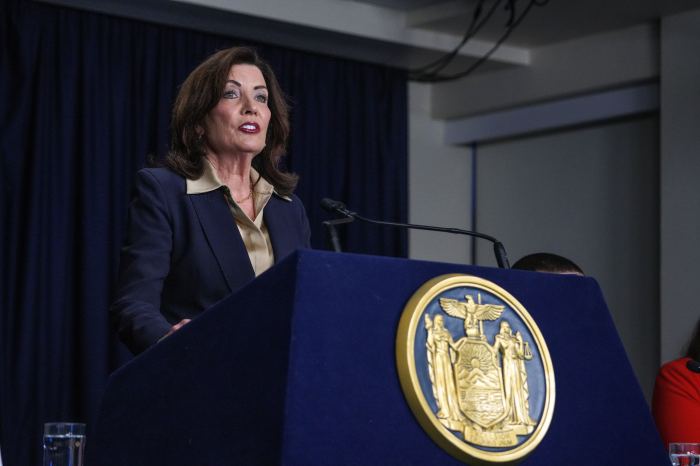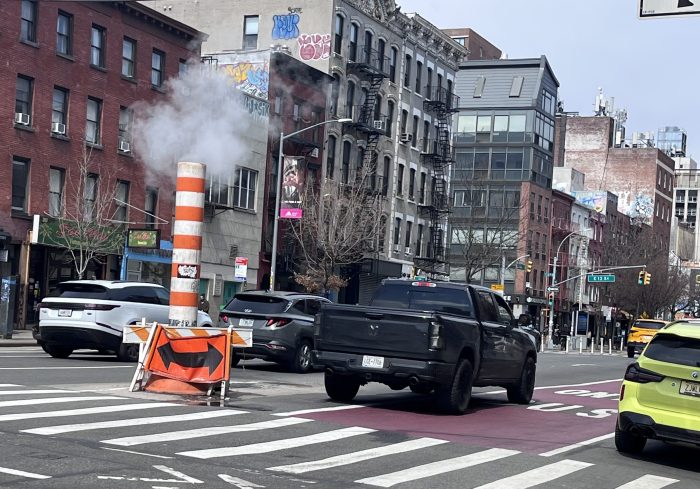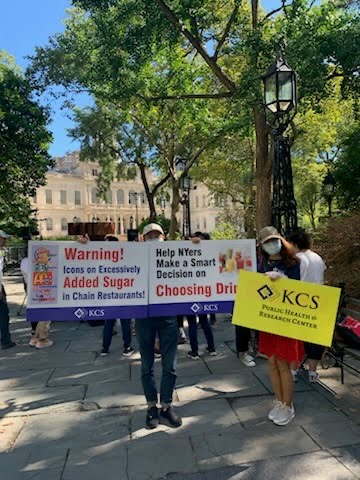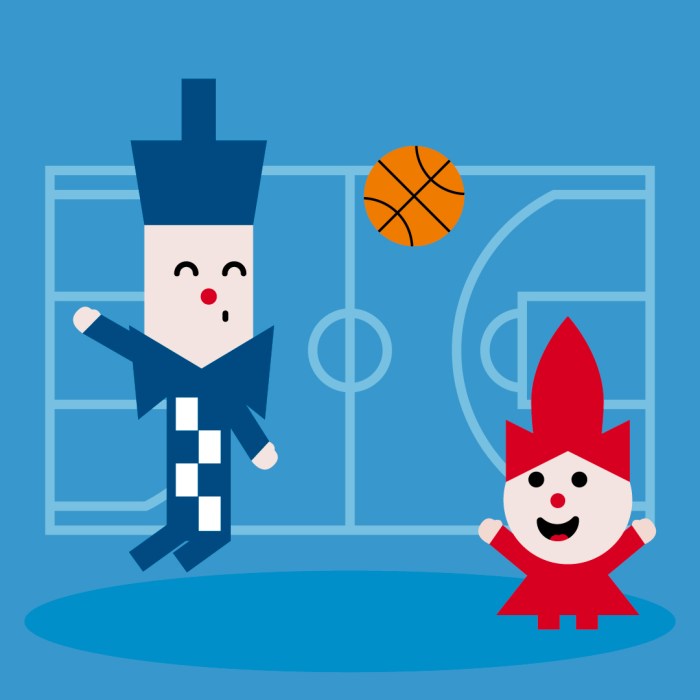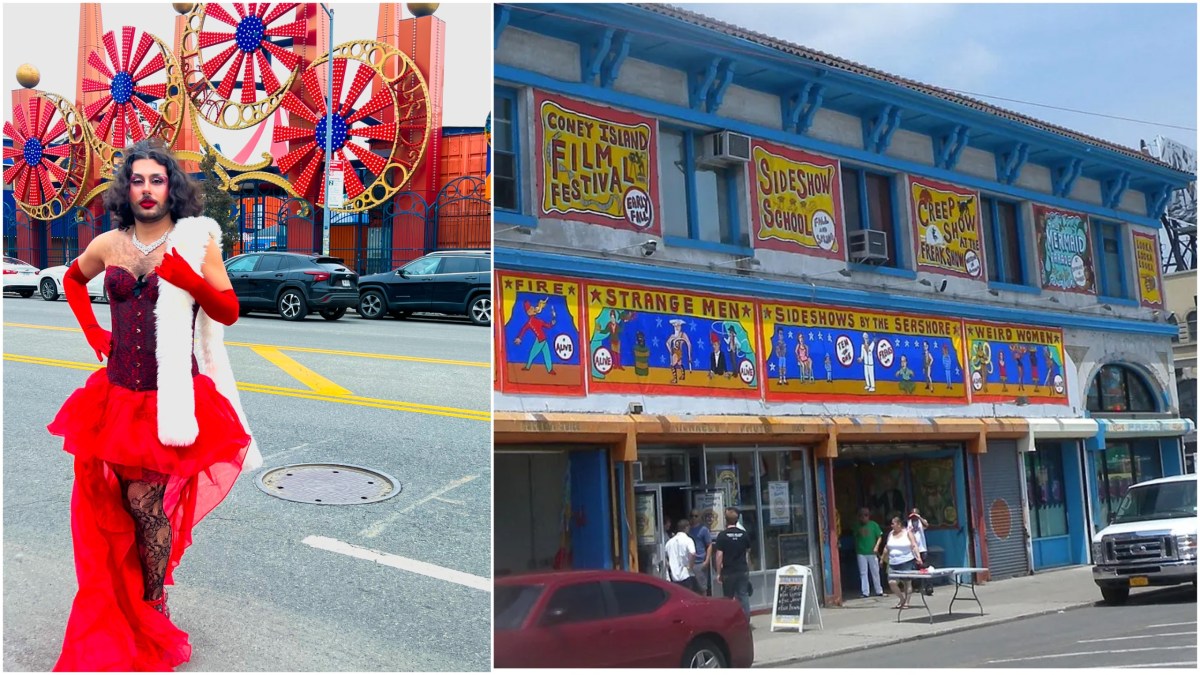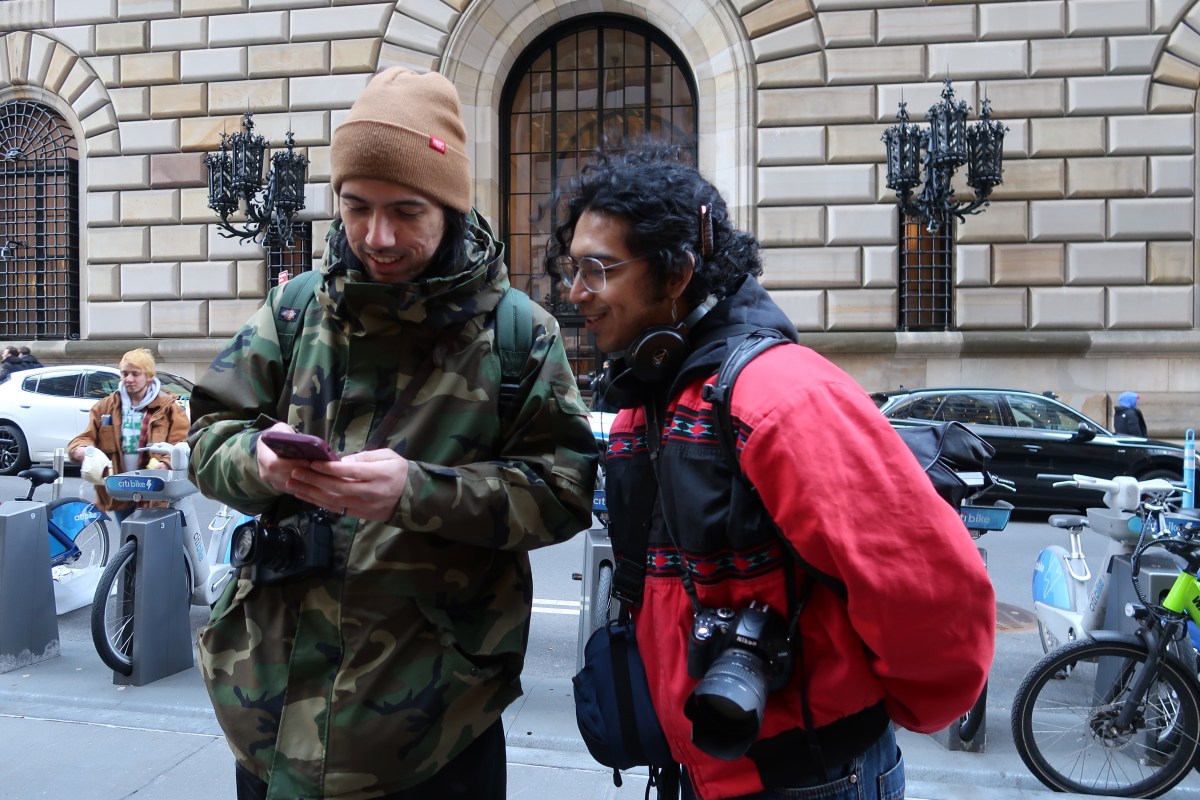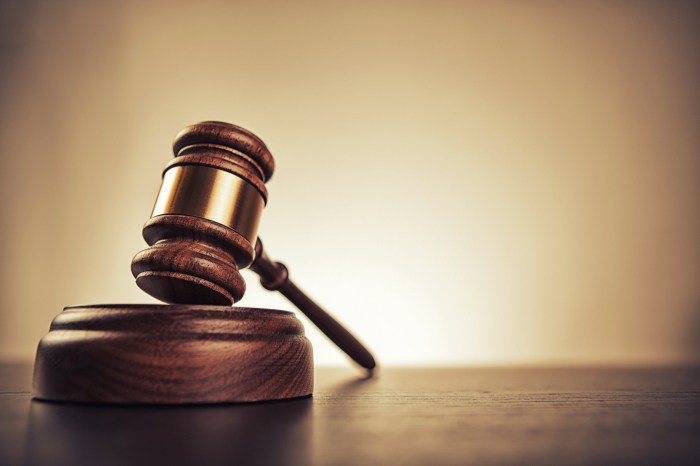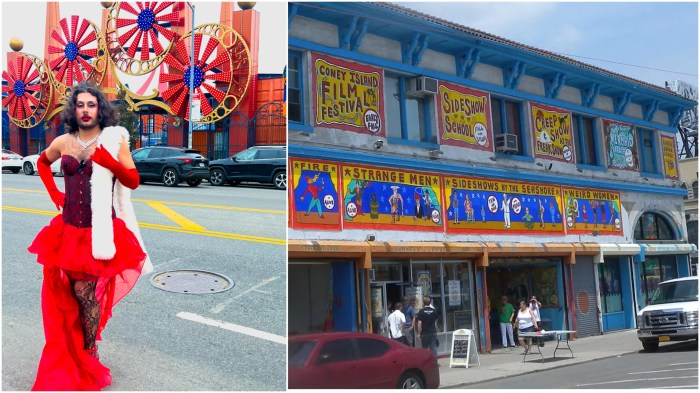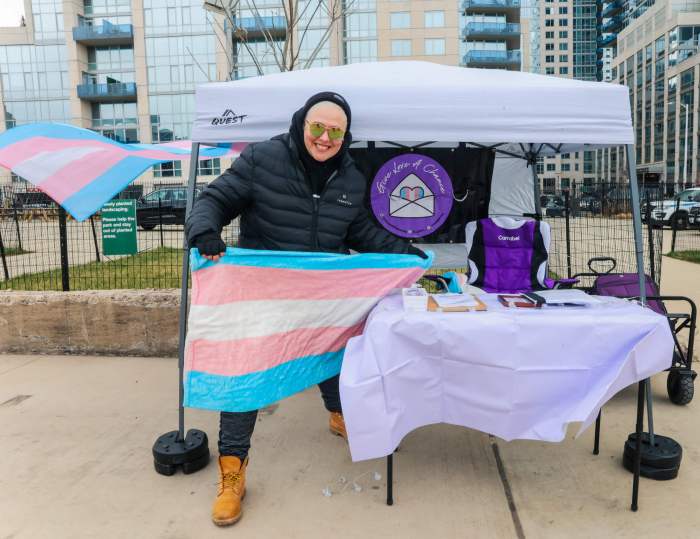New York Attorney General Letitia James announced Wednesday that her office and Google reached a $170 million settlement in a case related to YouTube tracking and targeting ads to those under 13.
James heralded the $170 million as the largest settlement under the federal Children’s Online Privacy Protection Act, which prohibits websites from collecting, using or sharing personal information — such as cookies, Internet Protocol addresses or other means of recognizing a user across websites — on children under 13, without first obtaining parental consent. The state is slated to receive $34 million from the settlement, with the rest bound for the Federal Trade Commission.
"Google and YouTube knowingly and illegally monitored, tracked and served targeted ads to young children just to keep advertising dollars rolling in," James said in a statement. "These companies put children at risk and abused their power, which is why we are imposing major reforms to their practices and making them pay one of the largest settlements for a privacy matter in U.S. history."
YouTube, a subsidiary of Google, noted in marketing materials that the video platform is the favorite website for children between the ages of 2 and 12, according to James’ office. Several channels describe themselves as being geared toward children, and those run by brands like Mattel, the owner of Barbie, informed Google and YouTube their primary audiences were under 13, according to James.
Investigators discovered both Google and YouTube knowingly tracked those under 13 who were watching videos and tailored ads based on their inferred interests, according to James. The complaint alleged Google and YouTube earned about $50 million from advertising on examined channels, which were just "a few examples of the possible universe of child-directed content on YouTube."
The settlement requires Google and YouTube to create a system for determining which videos target children and for getting parental consent before collecting and using personal information from children. The firms must retain documents needed for compliance for five years over the next decade and share requested information with state authorities within 14 days, the settlement said.
YouTube CEO Susan Wojcicki noted in a blog post that the platform launched as a site for people over 13, but a boom in family content and shared devices has compelled YouTube to rethink how it handles children watching content without supervision.
In about four months, YouTube will limit data on anyone watching children’s content and such videos will not be supported by any personalized ads, Wojcicki said.
"Today’s changes will allow us to better protect kids and families on YouTube, and this is just the beginning," her blog post read. "And in the coming months, we’ll share details on how we’re rethinking our overall approach to kids and families, including a dedicated kids experience on YouTube.



